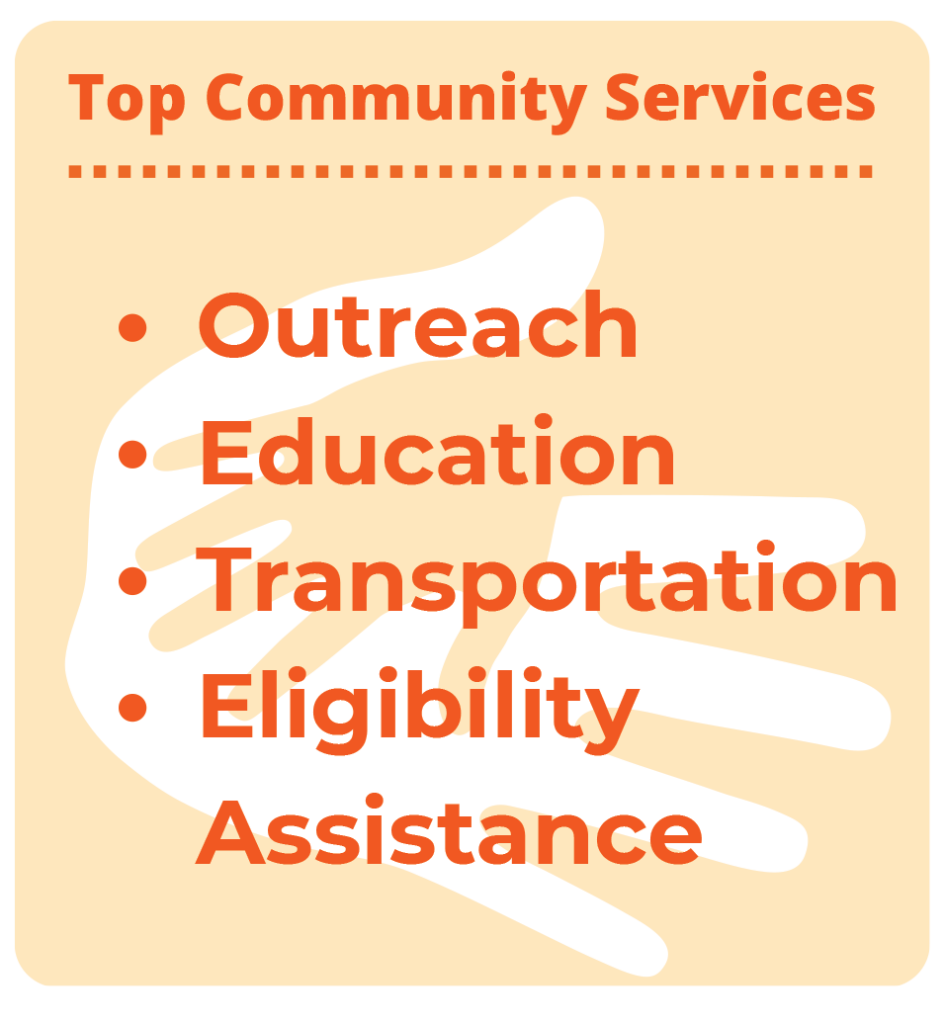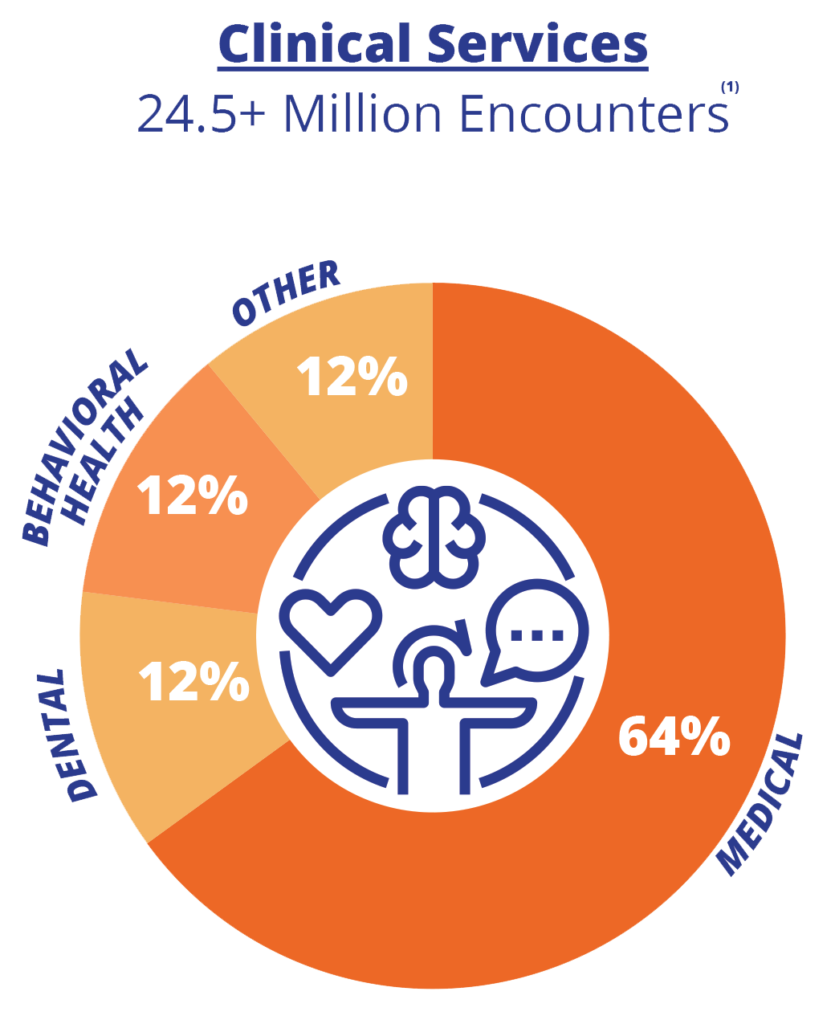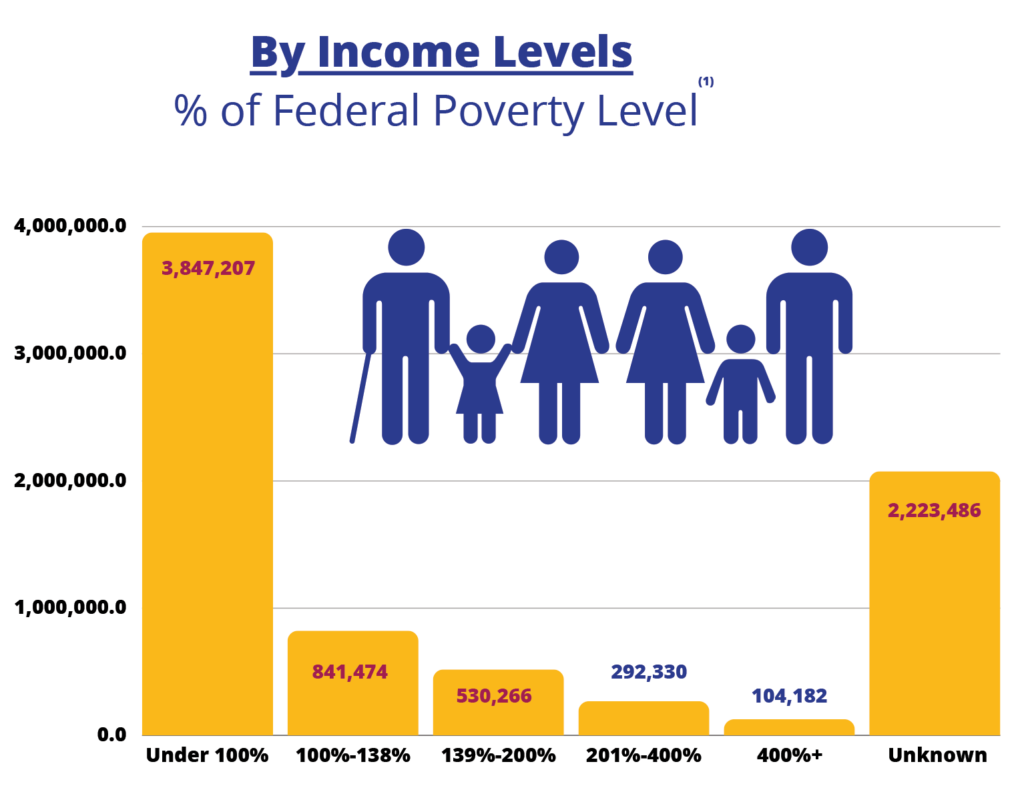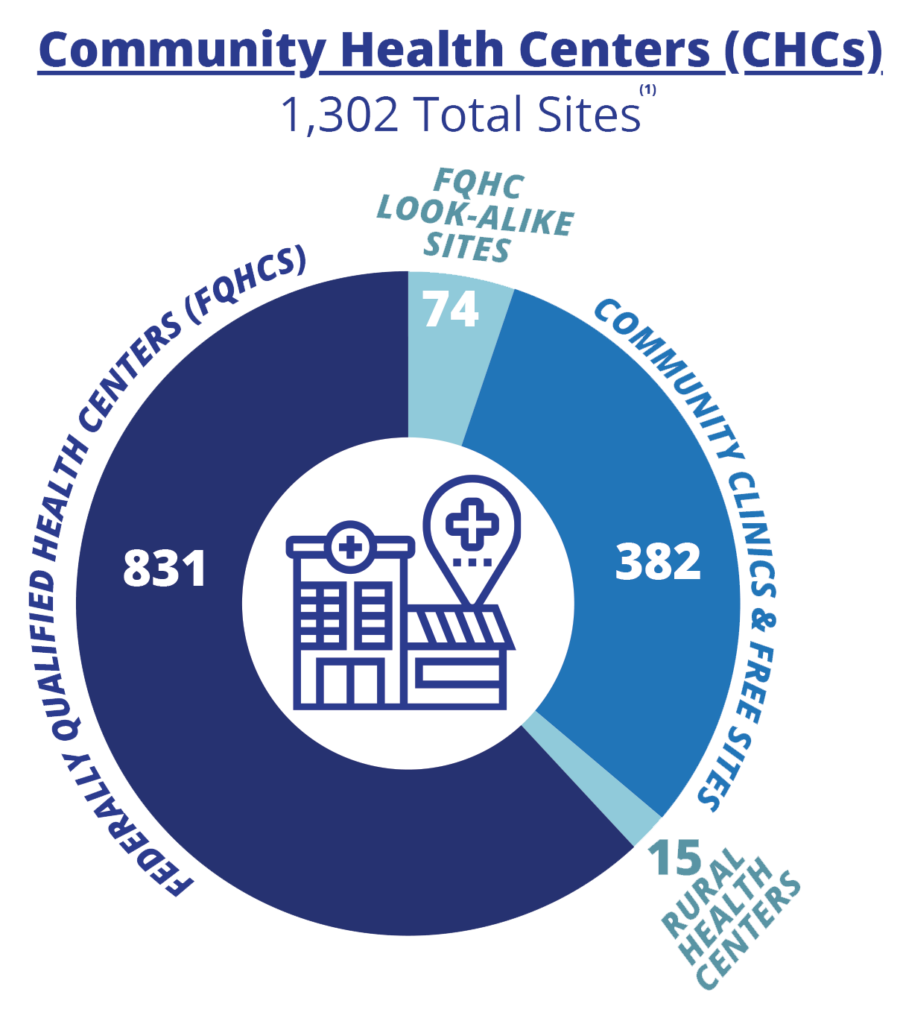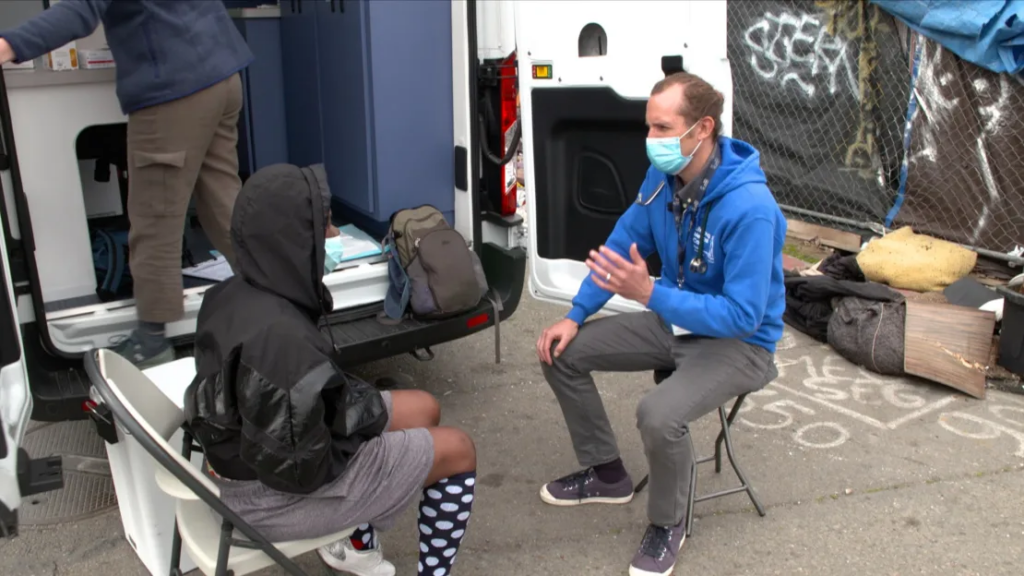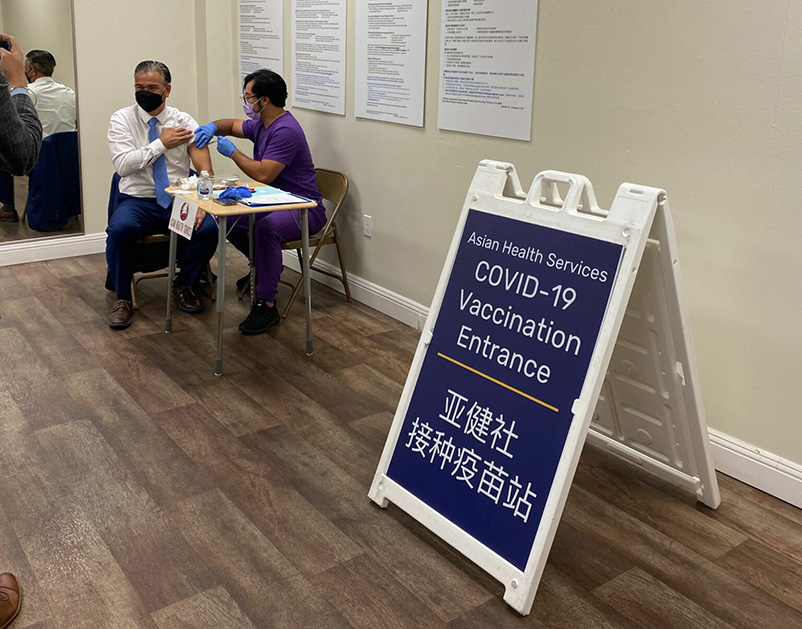
30 Years of Empowering Community Health Centers:
Honoring our past,Celebrating our future.

Celebrating Our Future
This strategic plan carves out a new vision for the organization built on collaboration with our members rooted in the health center mission. We are proud of the work that community health centers do each day to improve the health and well-being of Californians. Our strategic plan builds on this foundation by providing a roadmap for us to continue to be a strong voice for our members and the patients they serve.
In addition to continuing development of programs and alternative payment models, we are actively engaging with state and federal regulators to advance a regulatory framework that reflects the importance of community health centers (CHCs) to California’s healthcare system and we are embarking on a historic effort to secure funding that ensures the viability and success of the CHC model of care and addresses the historic underfunding of CHCs and safety net programs.
We are hard at work on developing a workforce that reflects the diversity of the California communities that CHCs serve through programs, services, and advocacy focused on establishing CHCs as employers of choice and economic drivers.
With a new, bold advocacy brand and civic engagement team, we are expanding and leveraging our advocacy resources to put CHCs and their patients at the center of policy decisions that impact our communities at the local, state, and federal levels.
To strengthen the impact and fiscal health of the association, we continue to procure and optimize resources, effectively leverage vital partnerships, and develop equitable and inclusive member engagement systems.

Honoring Our Past
2023-2025 Strategic Plan
2023-2025 Strategic Plan
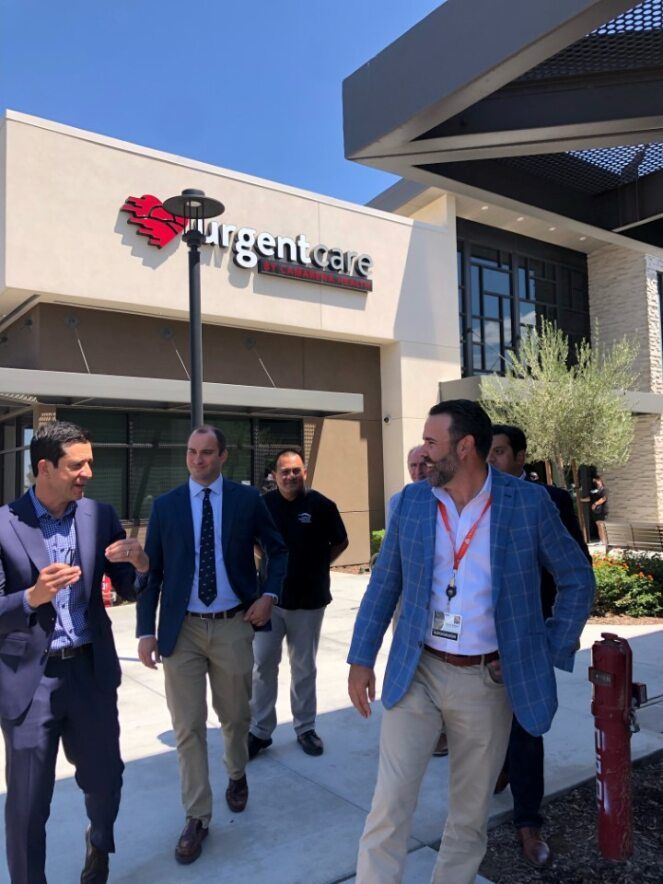
Visit Program Launched
Visit Program Launched
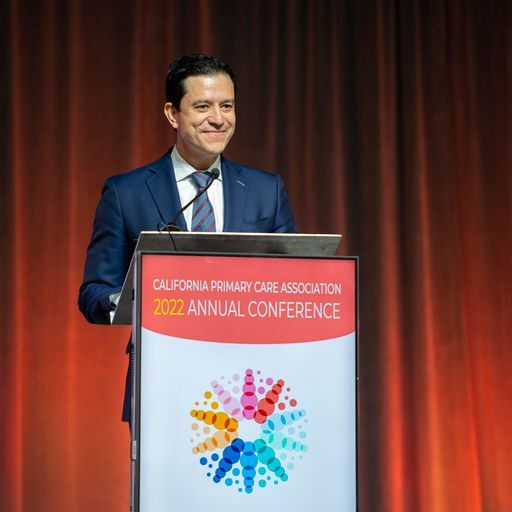
(Aguiar-Curry)
(Aguiar-Curry)
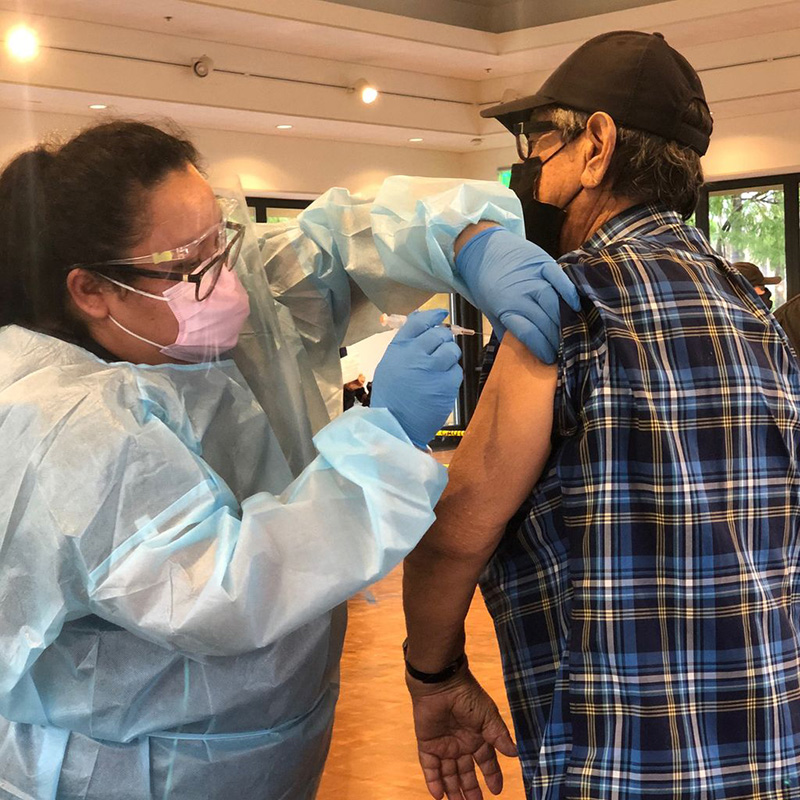

Initiative
Initiative
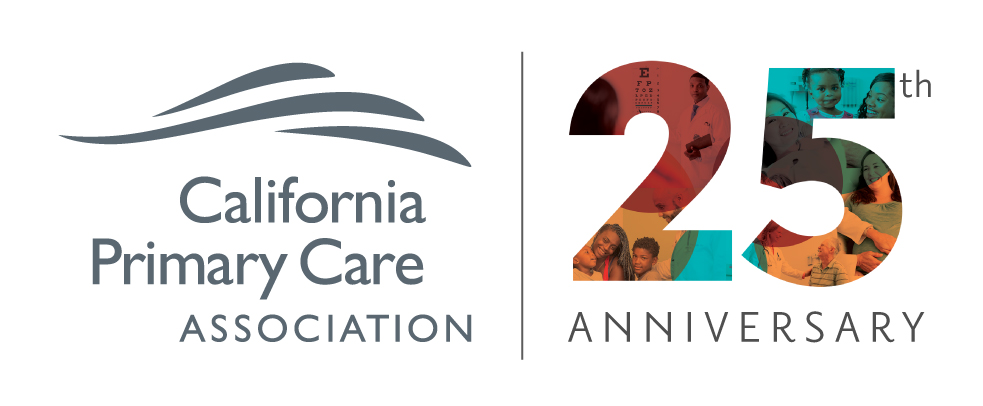

(Aguiar-Curry)
(Aguiar-Curry)
2017
2016

2015
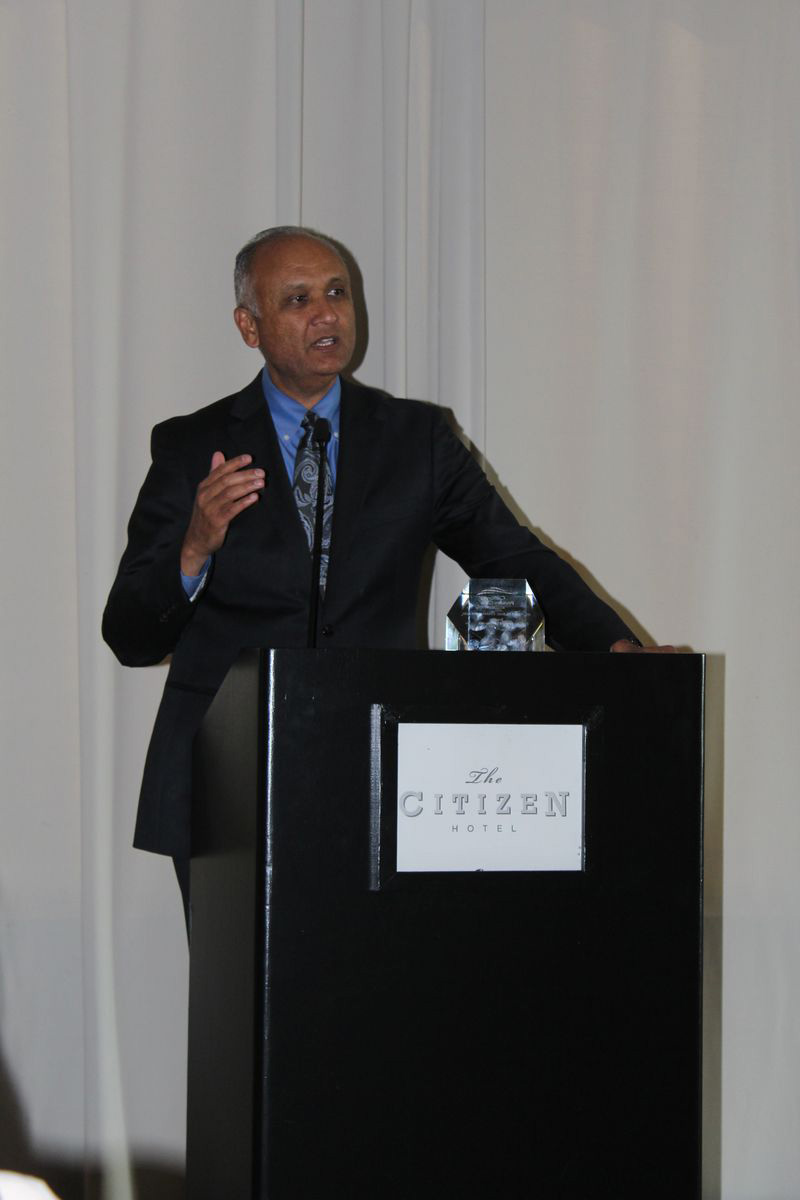
2014
2013
2012
2011
2010
2009
2008
2007
2006
2005
2004
2013
2002
2001
2000
1999
1998
1997
1996
1995
1994

Health Center Impact
Growth
Number of Patients
* **All Data sources provided in the footer
Percent Growth
1995 - 2020
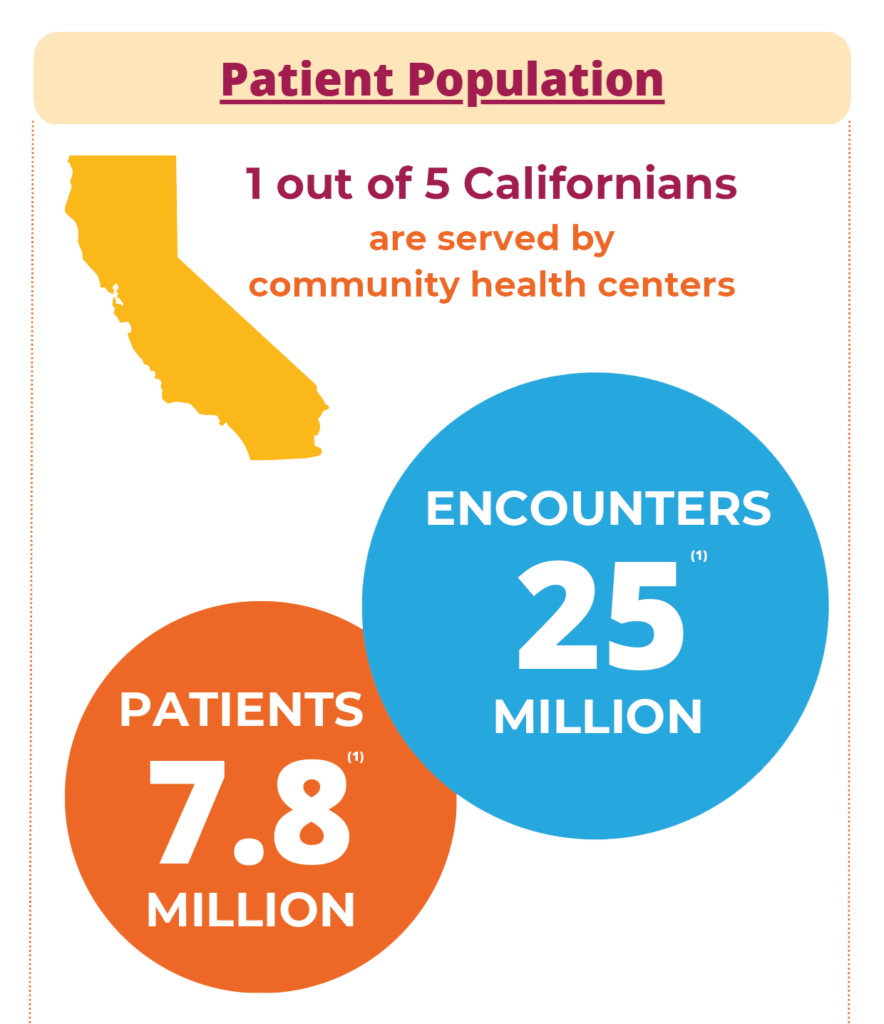
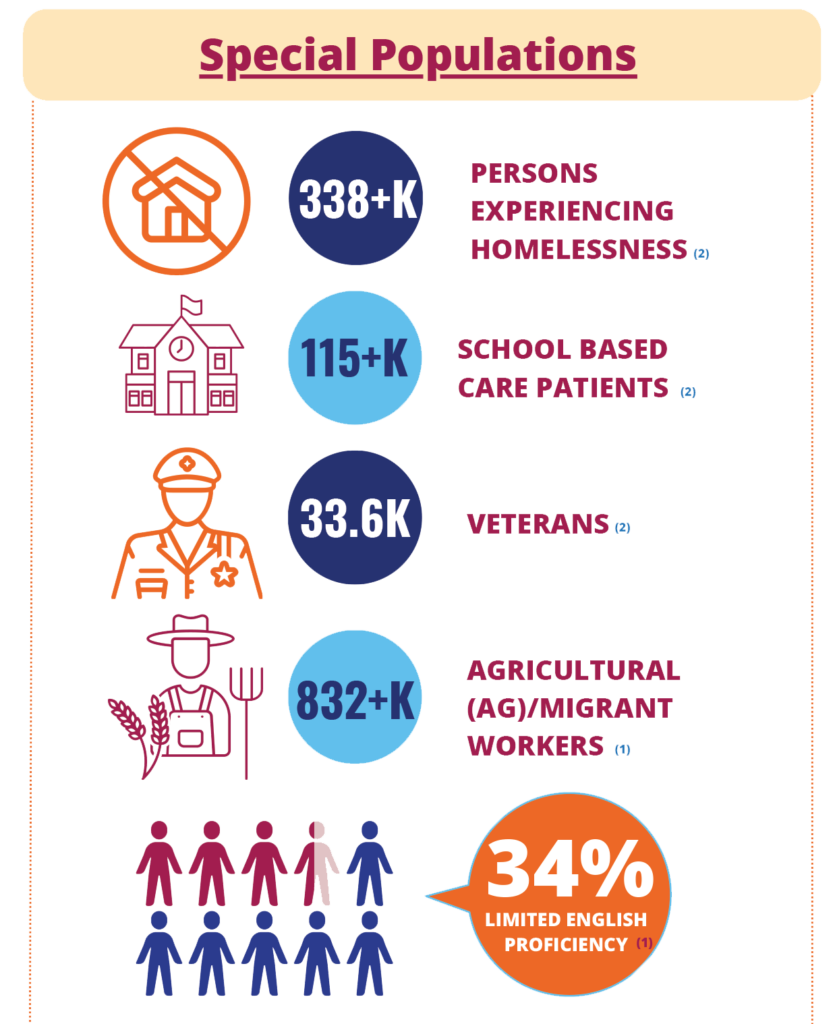
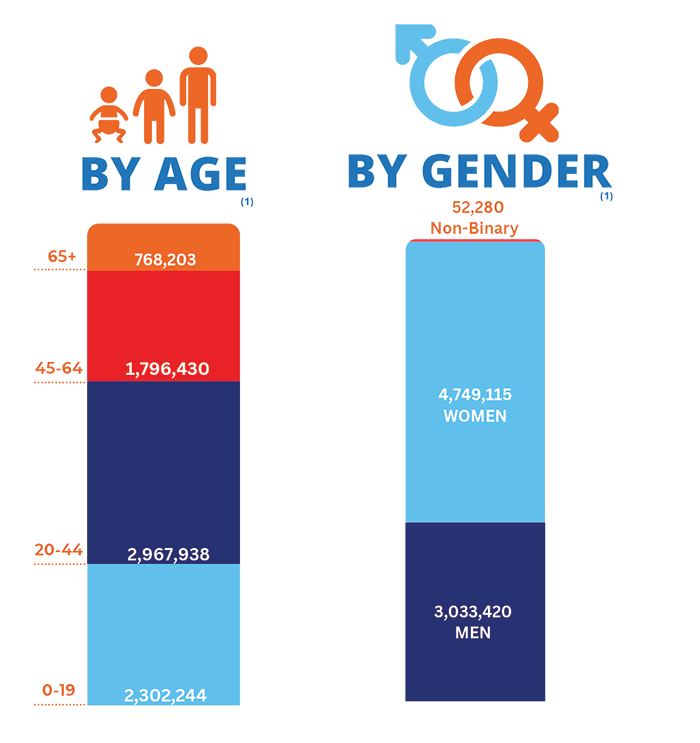
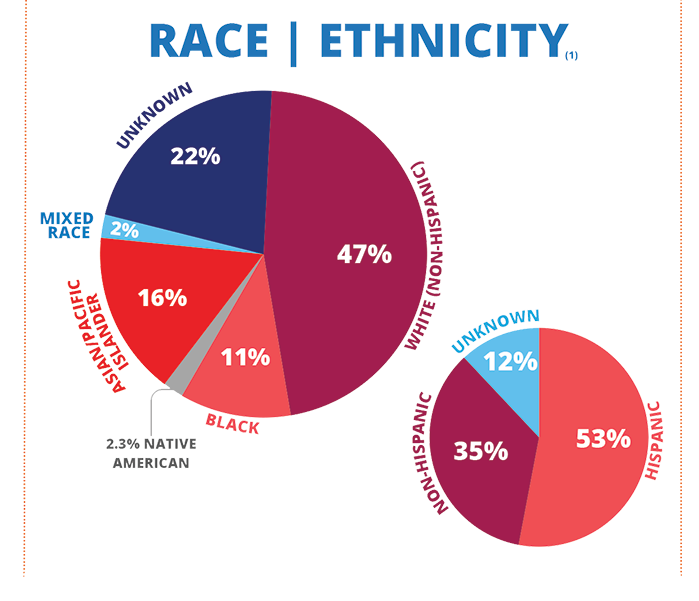
Number of CHC Sites
Percent Growth
1995 - 2022
